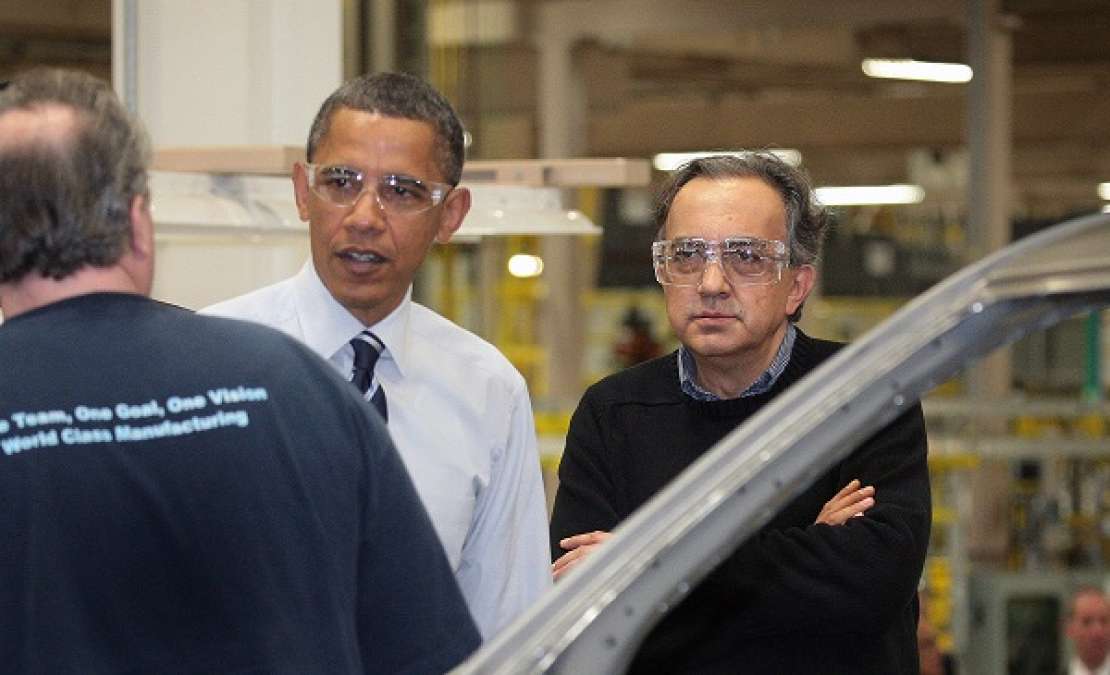As the old ‘50s cop-dramas used to say, “We can do this the easy way, or the hard way…” That seems to be the message Fiat Chrysler Automobiles U.S. (FCA US) is trying to send General Motors. FCA’s chairman had asked GM back in June if they would provide him with a chance to present his opinions on the subject of a merger. The press had a bit of fun reporting that GM’s reply was blunt and simply “No.”
For a while, it seemed as if Marchionne’s required allies in the world of high finance were not that interested in helping Marchionne in his merger talks with GM. Things settled down. Until this weekend. Mr. Marchionne sat with Automotive News (AN) for two full hours to discuss the topic. AN is a very respectable news organization, but still, two hours? Apparently Mr. Marchionne is still very much interested.
Here is the fun part. Talking about how he could use the shareholders of GM to force the discussions he wants Marchionne said "There are varying degrees of hugs. I can hug you nicely, I can hug you tightly, I can hug you like a bear, I can really hug you. Everything starts with physical contact. Then it can degrade, but it starts with physical contact."
Here are the nuts and bolts. Mr. Marchionne thinks that “"It would be unconscionable not to force a partner.” The reasons are dollars and sense. Marchionne says he has thoroughly reviewed all the models and factories, and he sees more profit from GM and FC working together than as direct competitors. His analysis is that there is a $30 billion per year before tax profit if the two companies get together. One small hang-up may be that GM’s secret handshake bankruptcy/bailout allowed new GM to keep all its old tax write-offs. Keeping that amazing deal in a merger with FCA would push the boundaries of logic.






Comments
Interesting read John.
Permalink
Interesting read John. However, the bottom line here is that a merger of this size would constitute a monopoly under the federal protection act. Not going to happen!
I hope you are right. I'm
Permalink
In reply to Interesting read John. by Parks McCants
I hope you are right. I'm not sure the world is ready for a Ram-erado truck.
I've give you a "Like" john
Permalink
In reply to I hope you are right. I'm by John Goreham
I've give you a "Like" john if the site was set up that way. Take care.